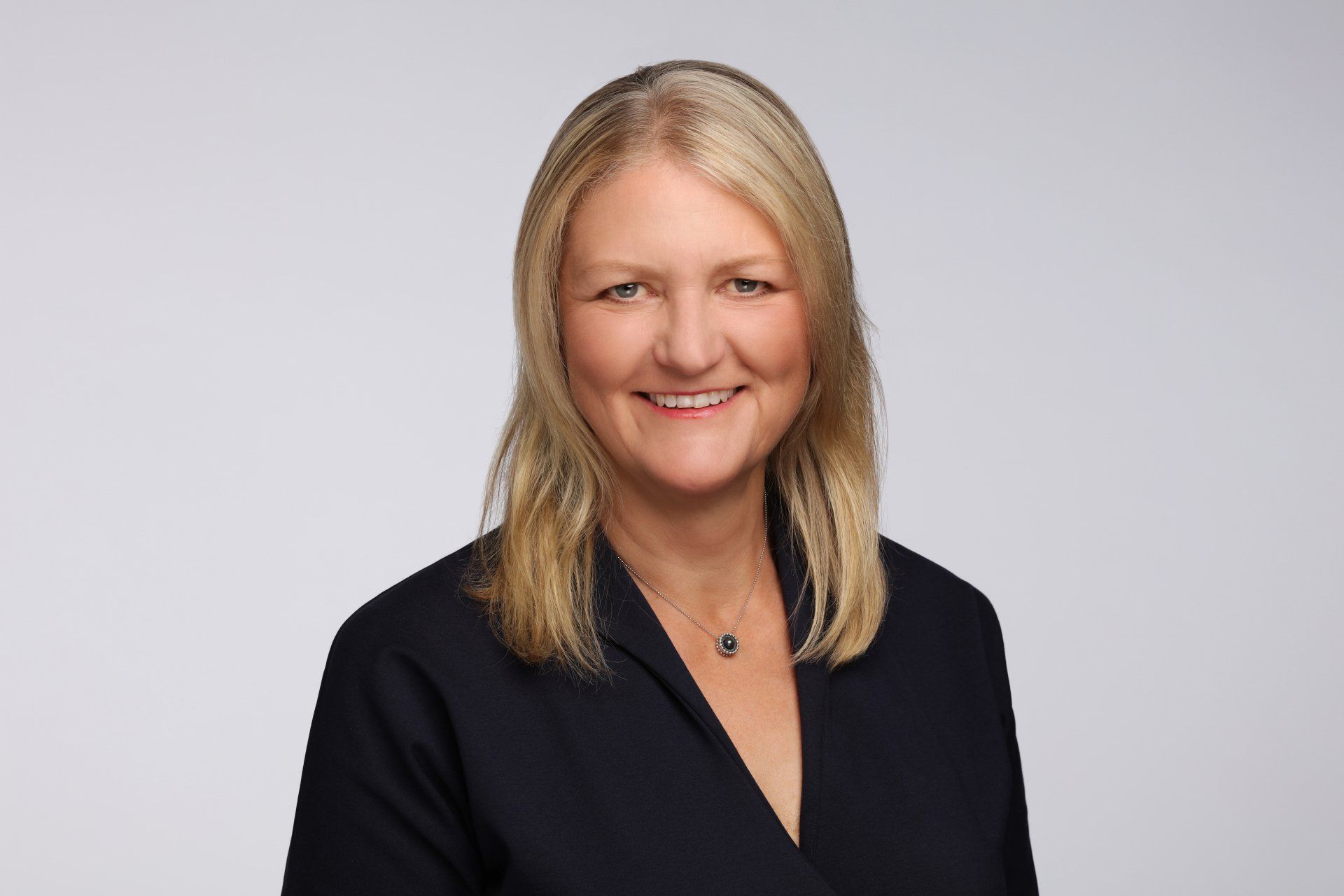Alison Gill is a behavioural psychologist, triple Olympian and the co-founder of Bvalco, a board evaluation consultancy focused on helping boards become fit for the future.
Ten years ago, the top five global risks were all geopolitical. Today environmental degradation is the risk that defines our age.
Once considered to be a long-term issue to be dealt with later this century, scientists are now warning that we have just eight years left to avoid a dangerous environmental tipping point.
According to the World Economic Forum’s Global Risk Report 2019 , four of the most impactful global risks now relate to the climate, with failure to act on climate change and extreme weather events not only considered to be the two most likely risks, but also two of the three most impactful risks.
In response, many boards are now leading their organisations’ transition to a low-carbon economy, not only to protect their investments, but also to make the most of the opportunities presented by getting ahead of the curve.
Three actions boards can take to prepare for a low-carbon economy
When it comes to accelerating your progress on the environment, there are three actions boards can take:
1. Understand your company’s climate risks and opportunities
Society is expecting you to demonstrate what you’re going to do in the short term, but this also needs to be effective in the long-term. So, you need to operate across all three time-horizons, short, medium and long, by taking stock of both the risks and opportunities. What would an environmental disaster or carbon pricing mean for your ability to operate? What would public discontent or boycotting of your organisation do for your reputation? What business opportunities arise from low carbon activity? How can you get ahead of the curve by demonstrating a commitment to the environment that appeals to investors, lenders, insurers, employees, suppliers and customers?
2. Make climate change a strategic priority
Instead of viewing the environment as a functional issue, make it business as usual and have it form part of Strategy. Think about how remuneration and compensation can be used to incentivise action on moving to a low carbon economy and ensure the issue is featured heavily in regular agenda-setting. As with most things in life, what gets measures gets managed, so the board needs to set carbon reduction targets, track performance against those targets and publish progress. One company that has very clear goals is SSE plc. SSE’s business strategy places addressing the challenge of climate change at the very core of what they do. They have deliberately decided to link long-term business goals to the UN’s global goals for sustainable development (the SDGs). Cut carbon intensity by 50%; treble renewable energy output; help accommodate 10 million electric vehicles; champion fair tax and a real living wage.
3. Adopt The FSB Task Force on Climate-related Financial Disclosures (TCFD) recommendations
TCFD has developed voluntary, consistent climate-related financial risk disclosures for use by companies in providing information to investors, lenders, insurers, and other stakeholders. It has considered the physical, liability and transition risks associated with climate change and what constitutes effective financial disclosures across industries. The recommendations help companies understand what financial markets want from disclosure in order to measure and respond to climate change risks, and encourage firms to align their disclosures with investors’ needs. If your company has not yet adopted TCFD’s recommendations, consider doing so. Emerging practice on scenario planning will require thoughtful consideration by boards.
Getting started
When it comes to tackling climate change, all board directors need to be conversant and understand the issues and the implications for the business.
There are only a certain number of seats on the board, so it’s not likely to be good practice to give one of those seats to someone with a very narrow environmental focus. The age-old board skills of insight, intellectual curiosity and strategic advice remain important, but the climate crisis will require boards to think outside the box, to be agile and adaptable and to engage hearts and minds of all stakeholders.
Preparing for a low-carbon economy is a complex topic, so it’s important to find ways of continuously educating the board by inviting subject experts to give ‘teach-ins’ as part of the boards ongoing development in this area. There’s a growing base of resources provided by Chapter Zero and ICAEW & Deloitte to help boards on this journey.
Shaping policy
The board will need to make decisions to address the things it can easily do to reduce its own energy consumption before starting to try and influence what it’s suppliers, customers and partners are doing.
At some point, the UK government will also need to introduce regulations to achieve its legally binding target of net-zero emissions by 2050, which has been criticised for lagging far behind what’s needed, even to meet previous, less stringent emission targets. By leading thinking on the transition towards a low-carbon economy, boards can generate fact-based evidence, which can be used to help inform government thinking on future industry targets and measures.
In this sense, only by taking stock of the problem, and the opportunities for helping to solve it, can boards move from aspirations on the environment to the practical measures now needed to avert a climate catastrophe.
Share this article on LinkedIn!




